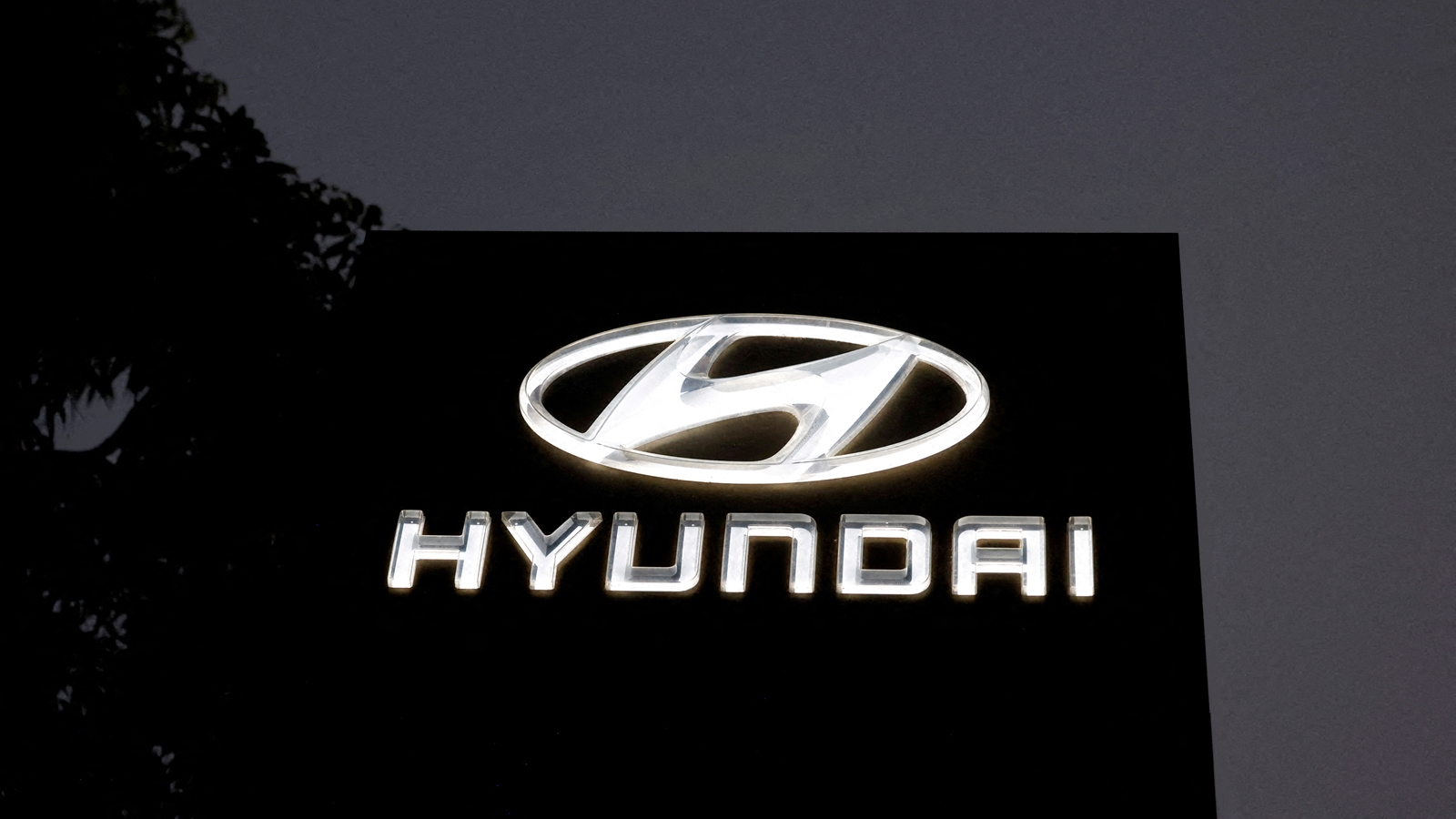 |
|
The highly anticipated initial public offering (IPO) of Hyundai Motor India Ltd (HMIL), India's second largest carmaker, concluded on October 17th with an oversubscription rate of 237%, reaching 2.4 times the offered shares. This monumental offering, totaling Rs 27,870 crore, secured its success primarily through the overwhelming interest from Qualified Institutional Buyers (QIBs) who claimed 697% of their allocated shares. However, the IPO witnessed a notably sluggish response from retail investors, raising questions about their apprehension towards the offer.
Despite the IPO's overall success, the retail investor segment saw a tepid participation rate, with only 50% of the allocated shares being subscribed. This underwhelming response can be attributed to several factors, including concerns over the IPO's valuation, the decline in grey market premiums, and the subdued demand in the overall auto sector during the festive season. The high offer price, ranging from Rs 1,865 to Rs 1,960 per share, prompted analysts to view HMIL's valuation as excessive, particularly in comparison to Maruti Suzuki, the market leader.
Adding to the concerns, the IPO's proceeds would be entirely directed towards Hyundai Motor Company, the South Korean parent company. The distribution of a hefty dividend of Rs 10,782 crore by HMIL to its parent company in March 2024 further aggravated investor skepticism. Analysts questioned the timing of this payout, as the IPO was planned well in advance, arguing that a gradual dividend disbursement would have left a more appealing financial position for investors.
Despite the retail investors' reservations, the IPO received a robust response from institutional investors, particularly QIBs. Their overwhelming participation, reaching 7 times their allocated shares, propelled the IPO to a successful oversubscription. The employee quota also witnessed a significant demand, with a 174% subscription rate. While the IPO's success can be attributed to the institutional investors' confidence in Hyundai Motor India's growth prospects, the muted response from retail investors reflects a cautious approach towards investing in the auto sector, driven by factors such as valuation concerns, market sentiment, and the perception of limited investor benefits.
In conclusion, the Hyundai Motor India IPO's success was largely propelled by the overwhelming interest from QIBs, who secured a staggering 697% of their allotted shares. Retail investors, on the other hand, displayed a lukewarm response, citing concerns over valuation, weak demand in the auto sector, and limited investor benefits. This dichotomy highlights the contrasting perceptions of the IPO's attractiveness between institutional and retail investors, reflecting the complex dynamics at play in the Indian capital market.
Source: Hyundai Motor India IPO: What explains the sluggish demand from retail investors?
